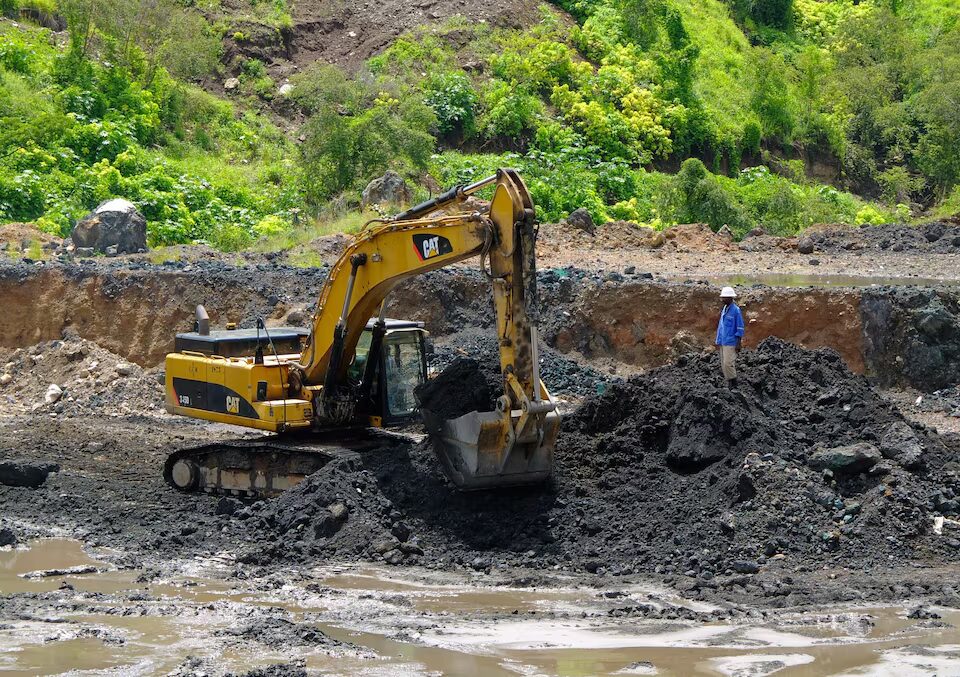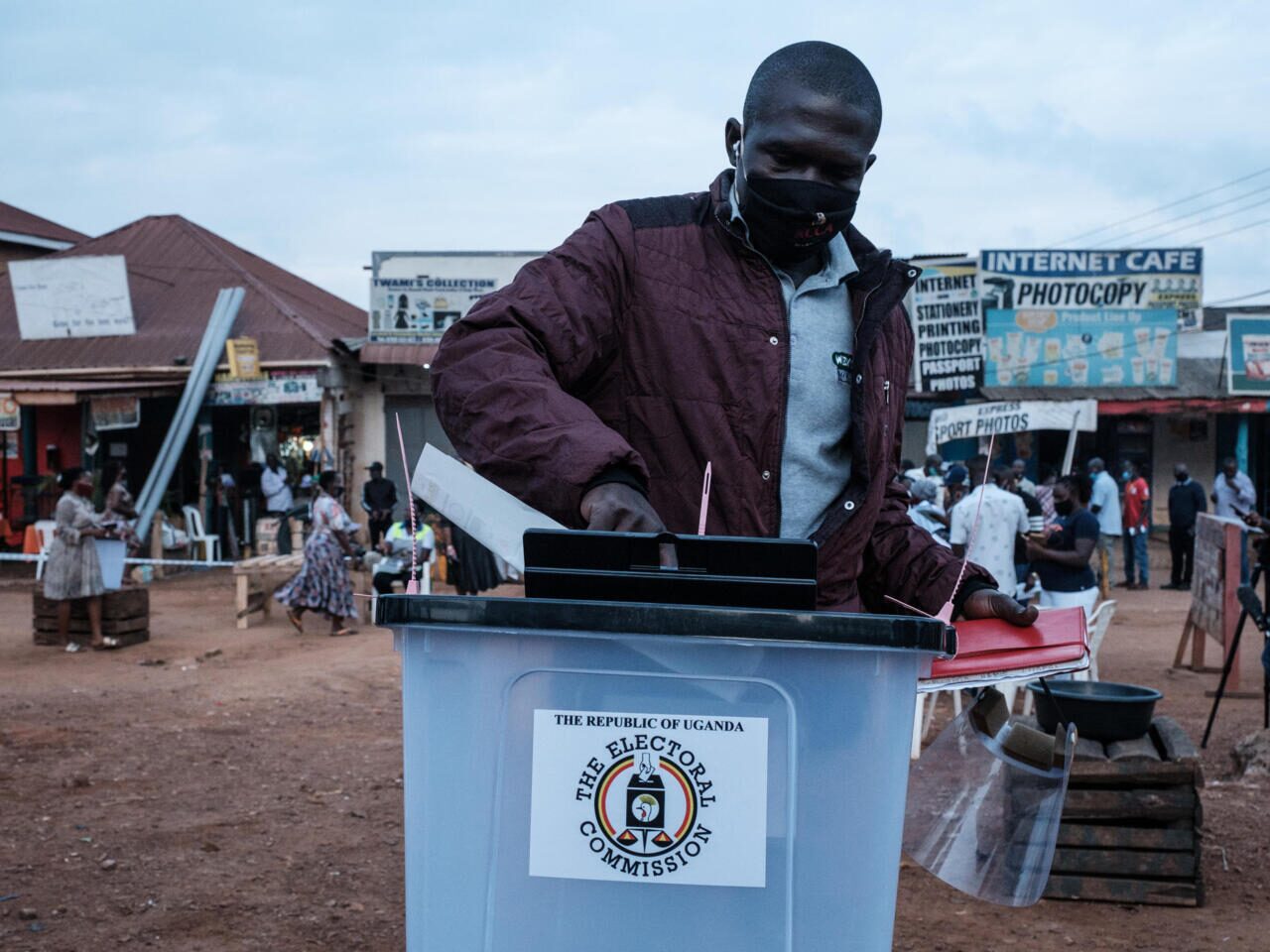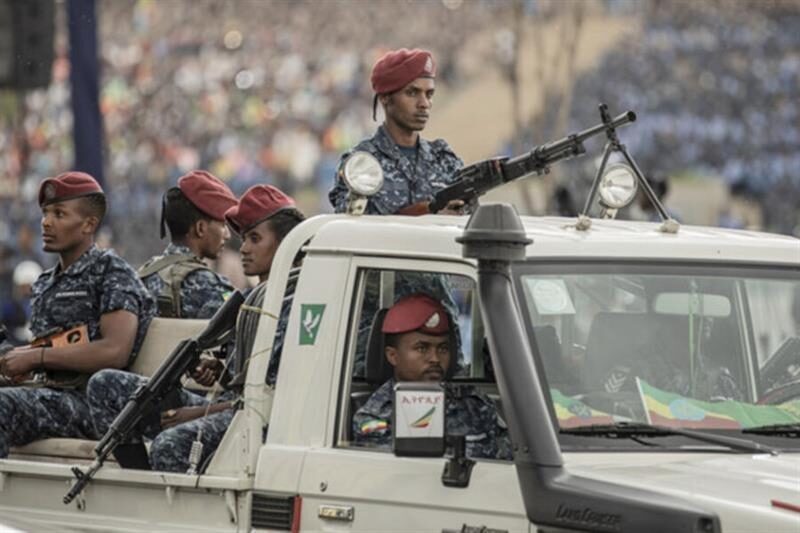
Friday, 29th August 2025

By inAfrika Reporter
As South Africa steers the G20 toward its first-ever summit on African soil in November, Pretoria has commissioned a heavyweight report on global wealth inequality led by Nobel laureate Joseph Stiglitz. It’s more than symbolism: the brief is to foreground poorer countries’ needs—especially development finance and debt relief—at a time when aid flows are under pressure and the world is badly off-track on the SDGs.
A message like that will have to cut through noisy geopolitics. The hosts want the summit to land concrete commitments on concessional finance and climate adaptation, and to recognise that inequality is not just a social issue but a growth issue. Recent reporting has underlined a brutal divide: vast gains at the top alongside cuts to development aid by wealthier nations. If leaders are serious, they will have to fix the plumbing—swap short-term project fragmentation for long-horizon, country-owned investment tied to reforms.
Trade is the other lever. Across 2025, African policymakers have argued that getting the African Continental Free Trade Area (AfCFTA) working at scale is the most realistic way to raise incomes, crowd in private capital and keep value chains on the continent. The hitch: implementation is uneven. Only a subset of countries are trading meaningful volumes under AfCFTA rules, and border-to-border frictions remain high. Yet the direction of travel is encouraging—Afreximbank reports rising intra-African trade, and policymakers are pushing the Pan-African Payment and Settlement System (PAPSS) to cut the cost and time of cross-border transactions.
If the G20 is to matter in people’s lives, three tests will tell. First, whether the summit endorses practical instruments (debt swaps for climate/resilience; guarantees) that unlock private money at scale. Second, whether it accelerates trade tools Africans already built—PAPSS and customs harmonisation—rather than inventing new forums. Third, whether it protects social spending while countries adjust. For East Africa, where budgets are tight but demographics are young, that mix would translate into more classrooms, clinics and factories—and fewer stop-start cycles when shocks hit.
South Africa’s presidency gives the continent a microphone. What Africans ask for—and what they refuse to settle for—will determine whether November is just a photo op or a pivot point


